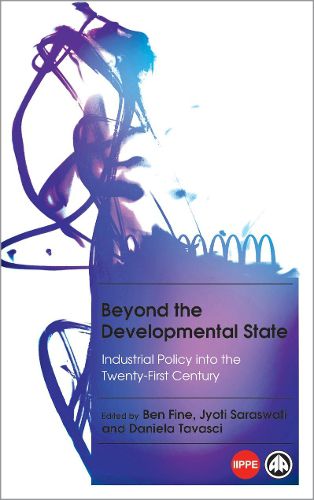Readings Newsletter
Become a Readings Member to make your shopping experience even easier.
Sign in or sign up for free!
You’re not far away from qualifying for FREE standard shipping within Australia
You’ve qualified for FREE standard shipping within Australia
The cart is loading…






Moving beyond abstract economic models and superficial descriptions of the market, Beyond the Developmental State analyses the economic, political and ideological interests which underpin current socio-economic processes.
Through this approach, the contributors show the close interrelation between states and markets in both national and international contexts. Drawing on a wide range of case studies and themes, the book exposes the theoretical and empirical limitations of the developmental state paradigm, offering alternatives as well as discussing the policy implications and challenges they raise.
For scholars, students and practitioners of development, Beyond the Developmental State presents a decisive break with the old dogmas of both neoliberal orthodoxy and theories of ‘market-imperfection’, and outlines theoretically and empirically grounded alternatives.
$9.00 standard shipping within Australia
FREE standard shipping within Australia for orders over $100.00
Express & International shipping calculated at checkout
Moving beyond abstract economic models and superficial descriptions of the market, Beyond the Developmental State analyses the economic, political and ideological interests which underpin current socio-economic processes.
Through this approach, the contributors show the close interrelation between states and markets in both national and international contexts. Drawing on a wide range of case studies and themes, the book exposes the theoretical and empirical limitations of the developmental state paradigm, offering alternatives as well as discussing the policy implications and challenges they raise.
For scholars, students and practitioners of development, Beyond the Developmental State presents a decisive break with the old dogmas of both neoliberal orthodoxy and theories of ‘market-imperfection’, and outlines theoretically and empirically grounded alternatives.